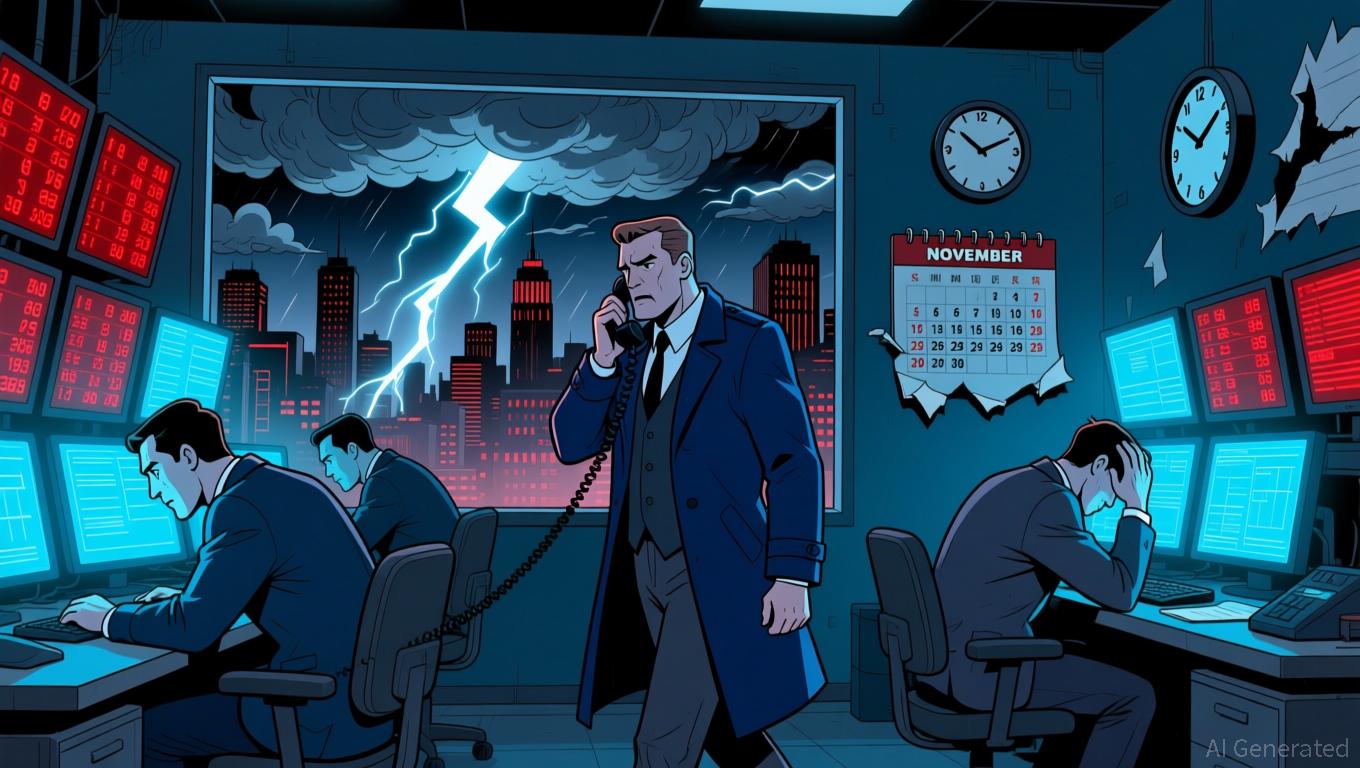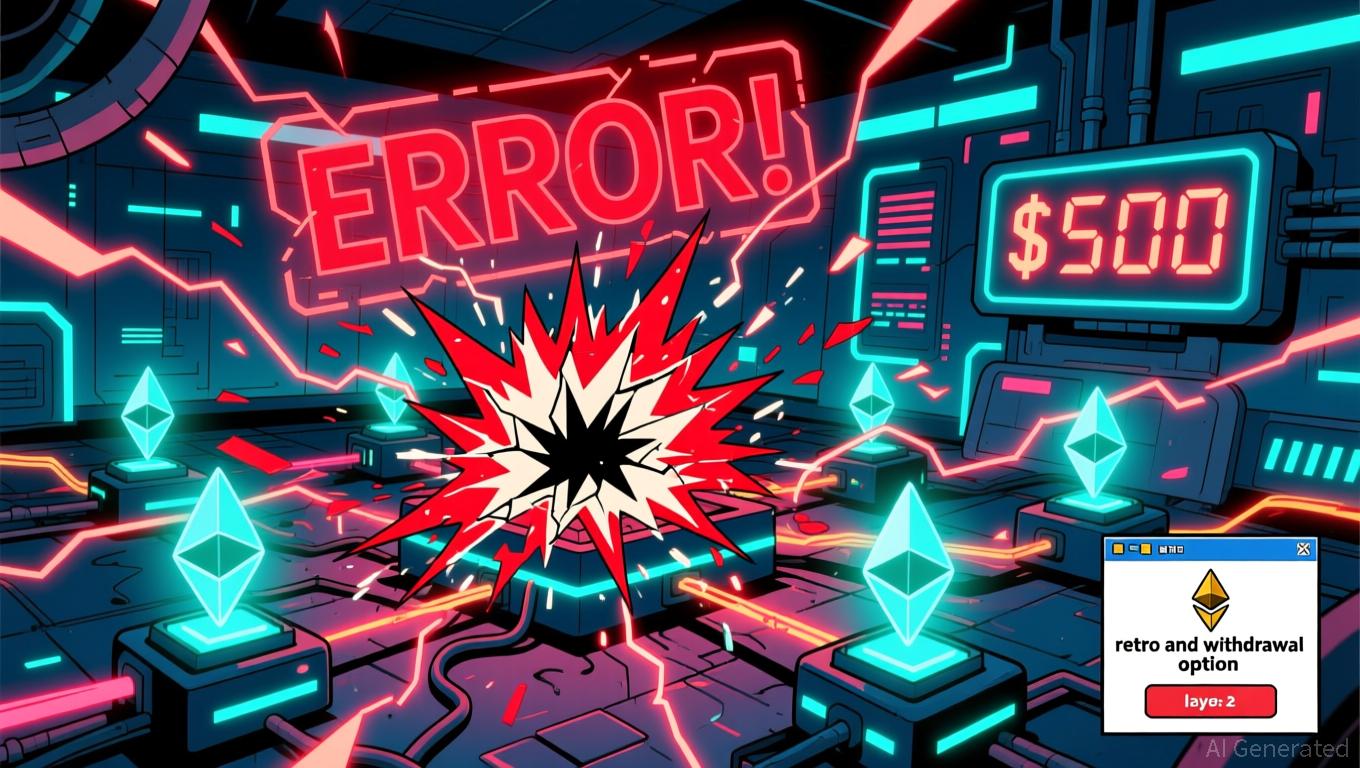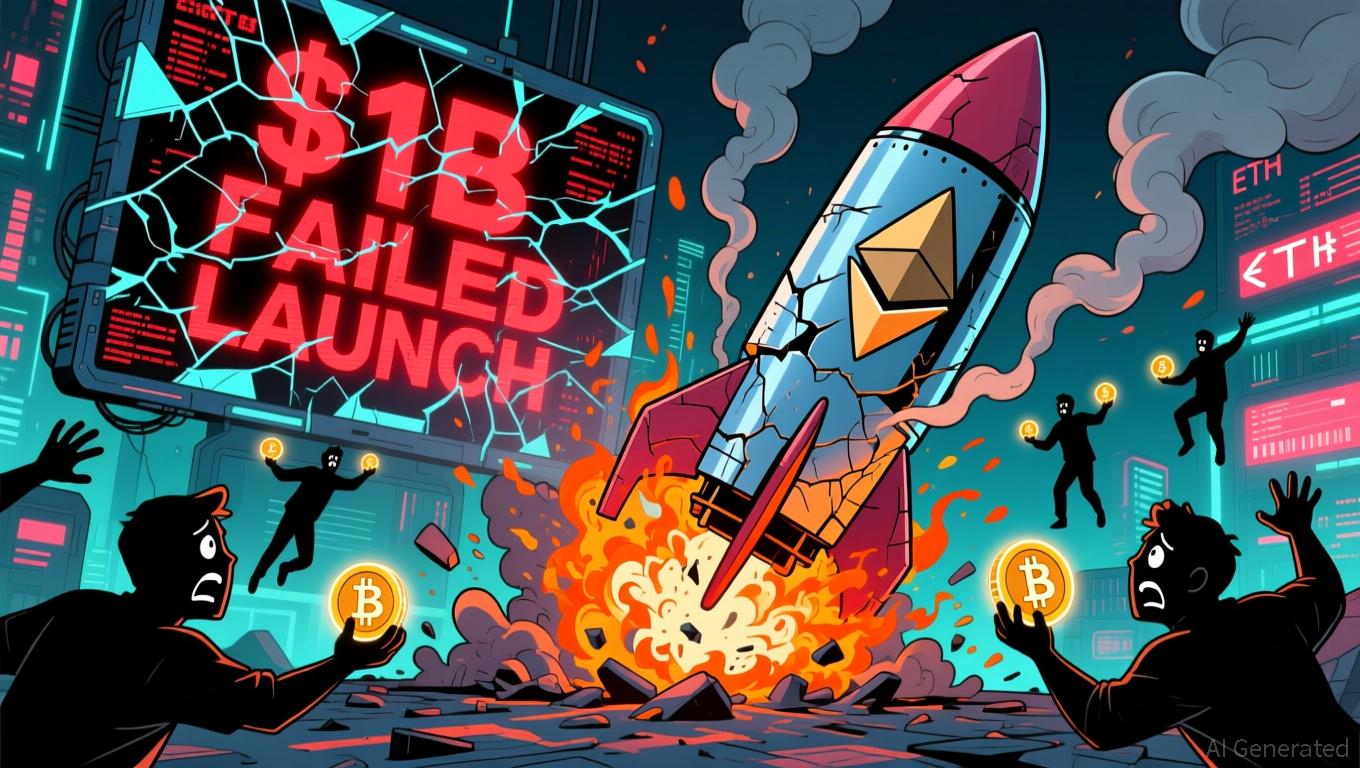"Peaceful prospects push oil prices lower, yet Russia's firm position and ongoing attacks continue to unsettle markets"
- Oil prices fell sharply as U.S.-brokered peace talks between Ukraine and Russia raised hopes for lifting Western sanctions on Russian energy exports. - Zelenskiy's potential U.S. visit and revised peace plans contrast with Russia's unconfirmed acceptance and ongoing missile strikes on Kyiv. - Analysts warn of 2M bpd global oil surplus risks by 2026 if sanctions ease, with Russian oil stored in tankers threatening market rebalancing. - European gas prices dropped below €30/MWh while metals markets showed
Oil prices experienced a significant decline on Tuesday after reports emerged of a possible U.S.-mediated peace agreement between Ukraine and Russia, fueling speculation that Western sanctions on Moscow's energy exports might be lifted. Brent crude futures dropped by 2.3% to $61.92 per barrel, while West Texas Intermediate (WTI) crude decreased 2.5% to $57.40 per barrel,

Despite some positive sentiment, doubts remain.
The prospect of relaxed sanctions has also led to changes in other commodity markets.
Analyze the historical performance of OIL indices using the MACD Golden Cross strategy from 2022 to the present.
With traders preparing for continued market swings, the outlook for peace remains unpredictable. While the U.S. and Ukraine press on with talks, Russia's position and the risk of renewed conflict have kept oil prices unstable. "The outlook for 2026 is still bearish,"
Disclaimer: The content of this article solely reflects the author's opinion and does not represent the platform in any capacity. This article is not intended to serve as a reference for making investment decisions.
You may also like
Bitcoin Updates Today: Bitcoin's Volatility: Surrender or Endurance from Institutions?
- Bitcoin's recent price drop and negative funding rates suggest market capitulation, with open interest collapsing 32% since late October 2025. - Institutional holdings like KindlyMD's $681M BTC stash and Harvard's ETF investments highlight growing long-term confidence in Bitcoin's stability. - Q3 2025 crypto VC surged 290% to $4.65B, while experts diverge: Standard Chartered targets $200K BTC by year-end, Kraken predicts $80K–$100K consolidation. - Macro risks including Japan's reserve rules and AI-drive

MegaETH's $500 Million Technical Issues Underscore DeFi's Ongoing Challenges with Maturity
- MegaETH abandoned plans to expand its $250M token sale after technical failures froze deposits at $500M and triggered unintended transactions. - The protocol announced retroactive compensation for affected users but faced criticism over preventable errors in KYC systems and multisig execution. - The incident highlights DeFi's operational challenges, contrasting with Aztec's success in achieving full decentralization with 525 validators. - Critics argue such missteps risk eroding trust in protocols promis

Paxos Combines Regulated Asset Storage with DeFi Protection Through Fordefi Acquisition
- Paxos acquires Fordefi for over $100M to enhance DeFi custody solutions via MPC wallet integration. - The deal combines Fordefi's institutional-grade security with Paxos' regulated infrastructure for on-chain transaction management. - This marks Paxos' second major acquisition in 2024, following Membrane Finance, as DeFi protocols hold $116B in total value locked. - The move aligns with global regulatory shifts toward DeFi oversight and growing institutional demand for secure crypto infrastructure.
Ambition Surpasses Action as MegaETH's $1 Billion Fundraising Effort Falls Apart
- MegaETH abruptly canceled its $1B token sale after technical failures caused a $500M deposit surge beyond the $250M cap. - KYC system malfunctions and premature multisig execution exposed critical operational vulnerabilities in the project's infrastructure. - While no assets were lost, the incident sparked criticism over preventable errors and raised industry concerns about token sale readiness. - MegaETH faces credibility challenges as it scrambles to fix protocols and offer refunds, highlighting risks
